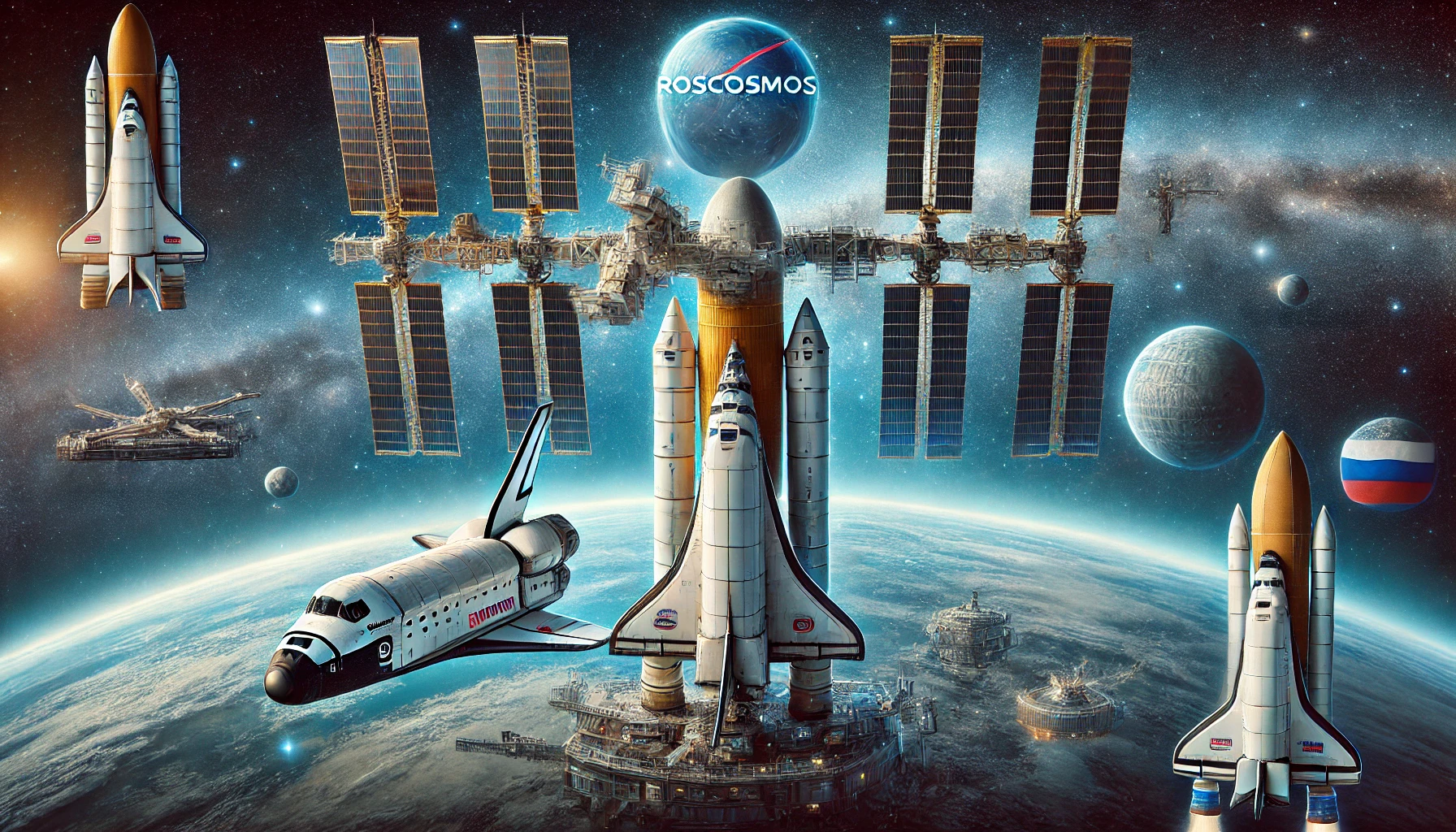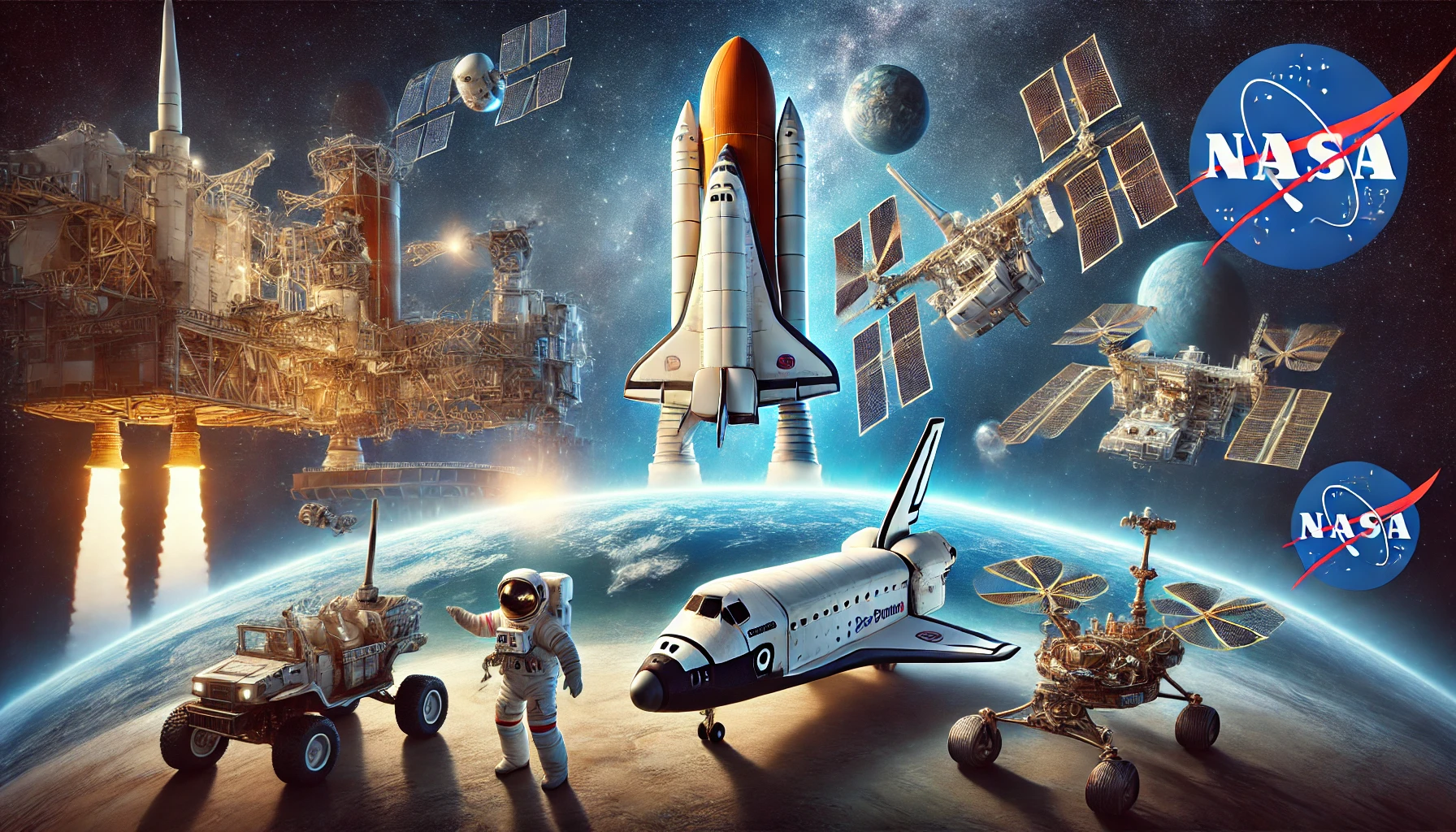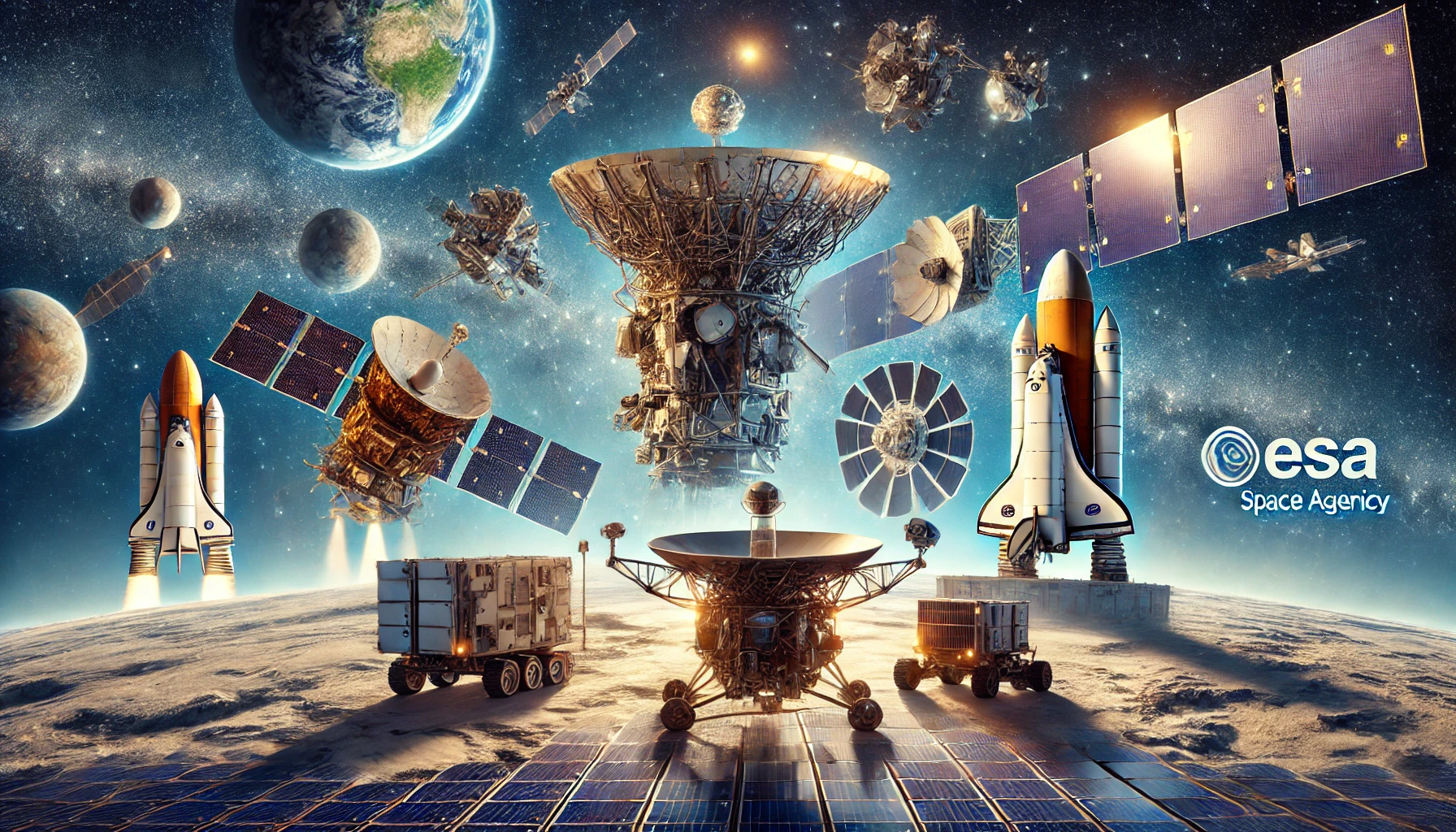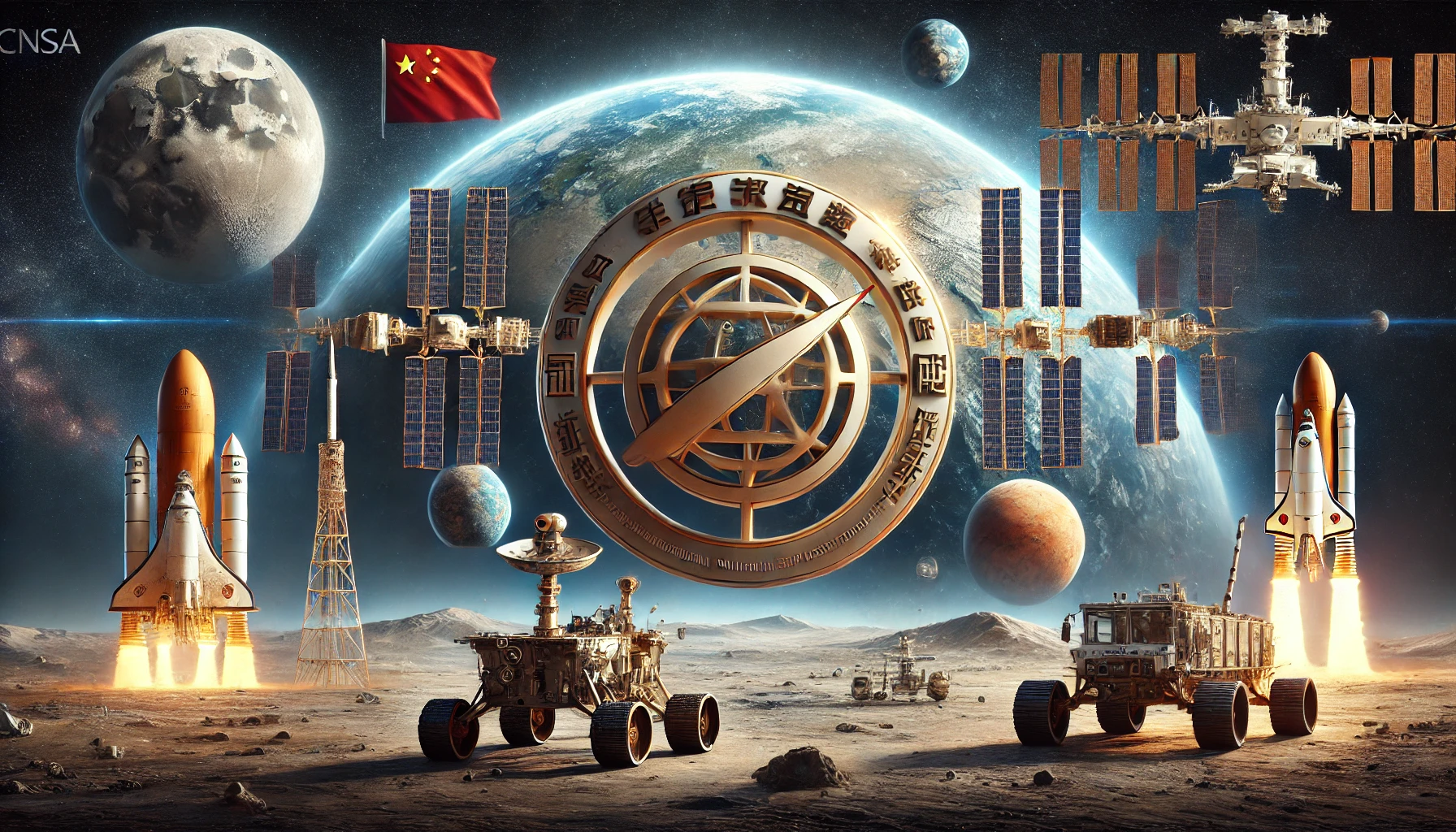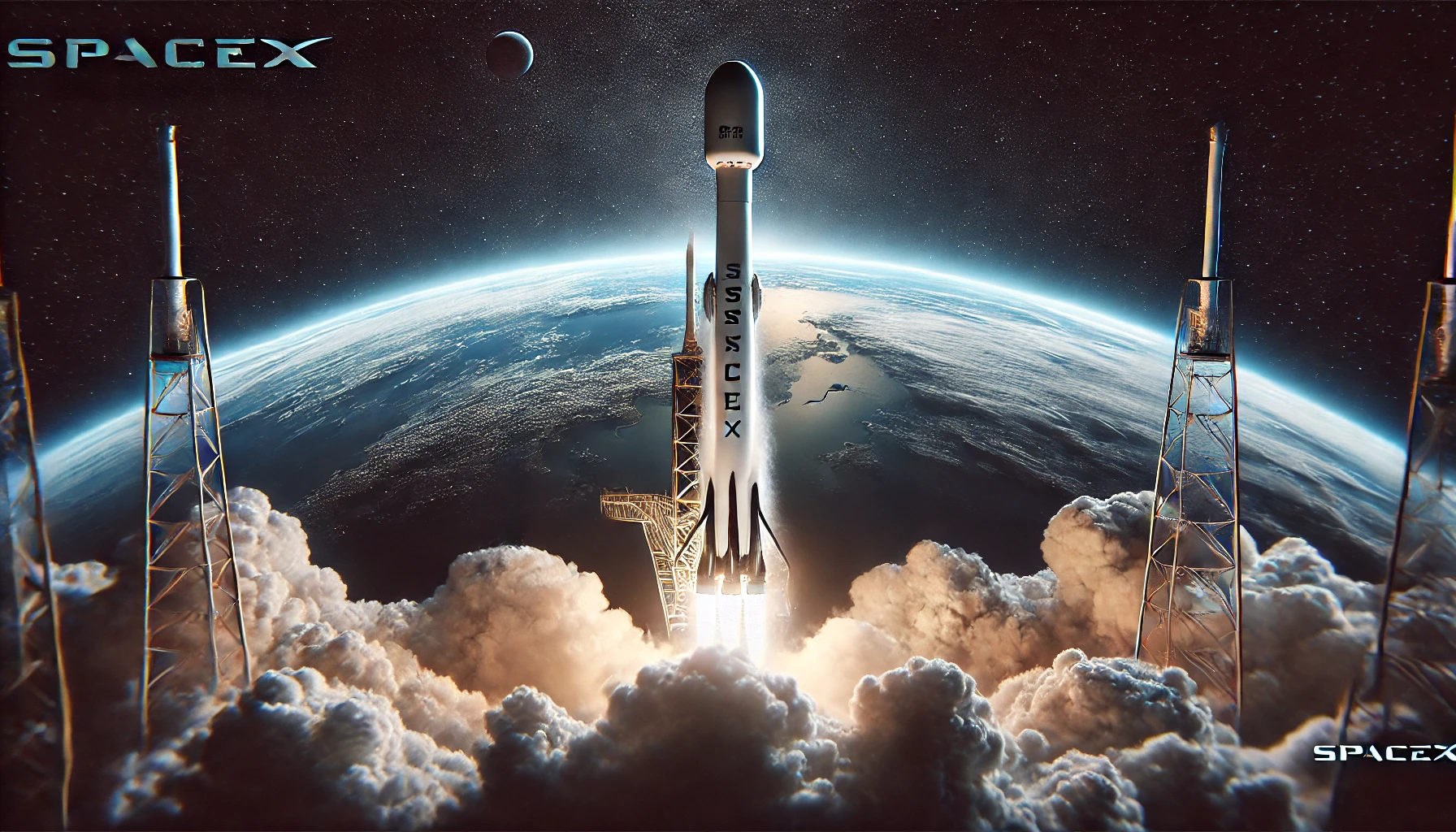Roscosmos, the Russian Federal Space Agency, has been a cornerstone of space exploration since its formation in 1992. As the successor to the Soviet space program, this agency has continued the legacy of pioneering space missions and technological advancements. This comprehensive guide will explore its history, key missions, current projects, and future goals, offering an in-depth look at its contributions to space exploration.
Contents
History of Roscosmos
The Russian space agency was established after the dissolution of the Soviet Union, inheriting a rich legacy of space achievements. The Soviet space program was responsible for many firsts in space exploration, including launching the first artificial satellite, Sputnik 1, in 1957, and sending the first human, Yuri Gagarin, into space in 1961. The agency has built on this foundation, continuing to make significant strides in space technology and exploration.
One of its early achievements was the successful launch of the Mir space station in 1986, which remained operational until 2001. Mir served as a precursor to the International Space Station (ISS), demonstrating the feasibility of long-term human habitation in space.
Key Missions
Over the years, the Russian Federal Space Agency has undertaken numerous missions that have expanded our knowledge of space. Here are some of the key missions:
- Mir Space Station: Launched in 1986, Mir was a modular space station that conducted extensive scientific research and international cooperation.
- Progress Supply Missions: The Progress spacecraft has been a reliable workhorse, delivering supplies and equipment to space stations, including Mir and the ISS.
- Soyuz Program: The Soyuz spacecraft has been a cornerstone of human spaceflight, ferrying astronauts to and from the ISS and ensuring continuous human presence in space.
- Luna Program: The Russian space agency has revived the Luna program with plans to explore the Moon, including the upcoming Luna 25, 26, and 27 missions aimed at studying lunar resources and preparing for future human missions.
Current Projects and Future Goals
The agency continues to lead in space exploration with several exciting projects and ambitious future goals. It is actively involved in the ISS, providing transportation and conducting scientific research. Additionally, it is planning to establish the Russian Orbital Service Station (ROSS) as a successor to the ISS, focusing on national and international space missions.
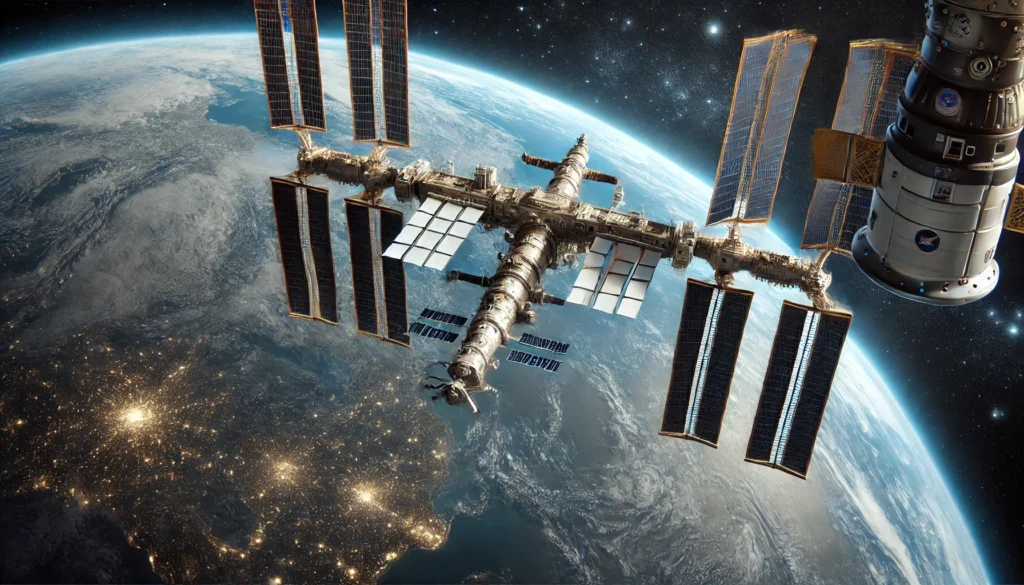
One of its most ambitious projects is the ExoMars program, a collaborative effort with the European Space Agency (ESA) to search for signs of life on Mars and better understand the planet’s environment. The ExoMars 2022 mission aims to land a rover on Mars to conduct extensive scientific research.
For more detailed information on the current missions and future plans, visit the official Roscosmos website.
“The contributions to space exploration highlight Russia’s dedication to scientific progress and international collaboration. Each mission brings us closer to uncovering the mysteries of the cosmos.” – Author’s Note
Final Thoughts about Roscosmos
The role in space exploration is indispensable. From groundbreaking missions like the Mir space station and the Soyuz program to ambitious future projects, the agency has consistently pushed the boundaries of what is possible. As we look to the future, its ongoing projects and collaborations promise to unveil even more of the universe’s mysteries. For those passionate about space, it remains a beacon of innovation and inspiration. To stay updated on its endeavors, you can visit the official Roscosmos website.
The future of space exploration is bright, with the Russian Federal Space Agency playing a crucial role. With continued support and innovation, we can expect to see incredible advancements and discoveries that will shape our understanding of the cosmos for generations to come. Each new mission and project not only contributes to our scientific knowledge but also inspires the next generation of scientists, engineers, and explorers, demonstrating the limitless possibilities that lie ahead. The agency’s commitment to collaboration and innovation ensures that Russia will remain a vital player in the global space exploration community.

